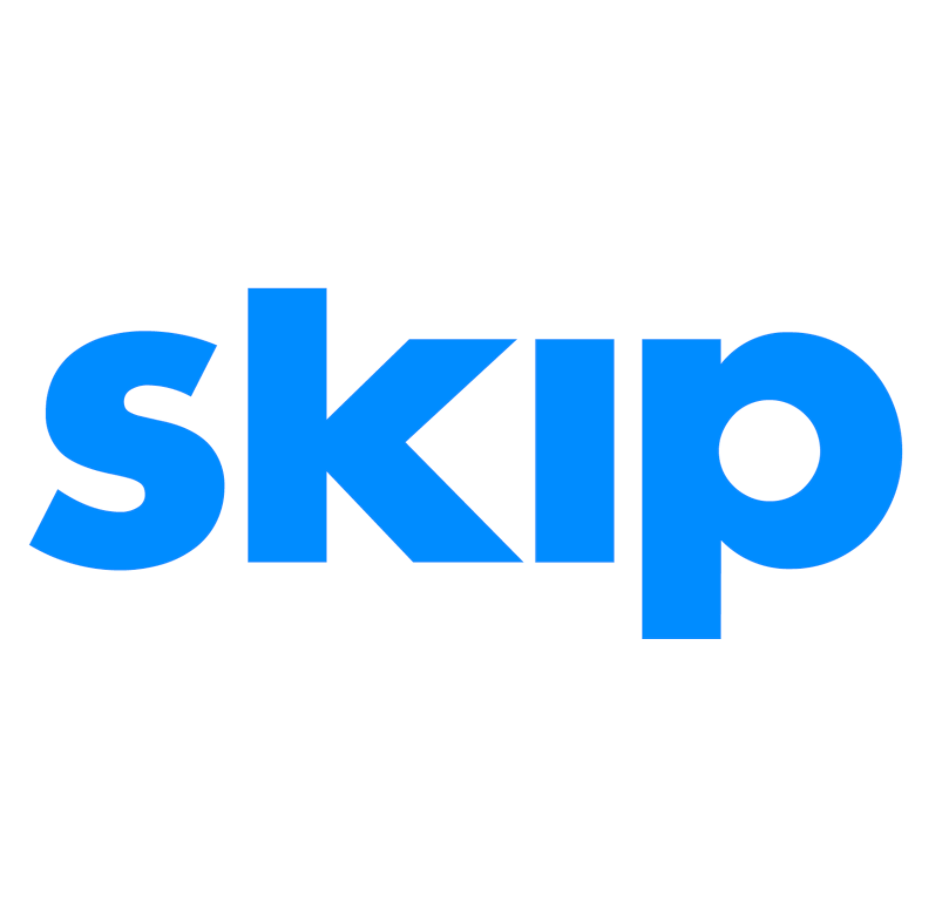If you’re a small business owner that might not be able to find funding in more traditional ways, an SBA 7(a) Loan offers desirable terms and access to working capital—for as little as $500—and as much as $5M.
In this article, we’ll explain what a 7(a) loan is, its benefits, how it differs from other types of small business loans, who’s eligible and ineligible, 7(a) loan terms, and what you can use your funds for. We’ll also go over how to prepare with a comprehensive list of documents you’ll need to get started with the 7(a) loan application process.
📌 Want help applying for this? Consider one of our 1-1 membership options here.
What is an SBA 7(a) Loan?
An SBA 7(a) Loan is more of a partnership with lenders by way of a government-backed loan guarantee. With an SBA loan, lenders are guaranteed up to 90% repayment if a small business defaults. In this way, the SBA incentivizes lenders to offer greater access to capital, at lower interest rates, and with better repayments terms.
How Do SBA 7(a) Loans Differ from Other Business Loans?
The 7(a) loan is the most common SBA loan program. It differs from other types of small business loans because it’s secured with a down payment as collateral—just like a home mortgage. This helps the borrower obtain lower interest rates and better repayment terms than conventional loans.
Moreover, 7(a) loans fill the gap for small businesses looking for access to working capital for as little as $500 and as much as $5M.
Who Qualifies for an SBA 7(a) Loan?
If you’re a for-profit enterprise that meets the SBA’s definition of a small business, you might be eligible for a 7(a) loan. Here are other their eligibility requirements:
- Demonstrate your need for the loan
- Have a reasonable amount of equity in your business
- Engage, or plan to engage in business within the US and its territories
- Used other financial resources, such as personal assets, before seeking assistance
- Use the funds for a sound business purpose
- Be current in all debt obligations
- Have Good to Excellent credit scores

What Kinds of Businesses are Ineligible for a 7(a) Loan?
Any business engaged in illegal activities is ineligible for a 7(a) including:
- Businesses operating outside of the jurisdiction of Federal, State, or Local laws
These might also include the distribution of legal products for use in illegal activities, including drug paraphernalia, or operating a hotel that permits sex trafficking. - Multi-sales Distribution Marketing or “Pyramid” Sales Operations
Any business whose profits are dependent upon recruiting increasing numbers of participants to purchase and resell the products. - Gambling Operations
Any business whose primary activity is gambling, including race tracks, casinos, etc. However, a business that sells lottery tickets might be eligible if less than 1/3rd of their annual gross income is derived from lottery ticket sales, or other state sanctioned and supervised gambling activities. - Real Estate Investment Firms
When real property is held for investment purposes as opposed to a loan. Otherwise, realtors, and brokerages who deal in selling homes for occupancy are eligible for a 7(a) loan. - Speculators
Firms derive profits from speculative activities, such as commodities futures. - Lending institutions
Banks, finance businesses, leasing companies, insurance companies (individual agents are eligible). - Rare Coin Dealers
Considered speculative, rare coin dealers are ineligible for 7(a) loans. - Charitable, Religious, or other Non-profit Organizations
Any charitable or government-owned organization, marketing, or consumer cooperatives, churches, or other organizations promoting religious ideology. - Parolees
People on parole are prohibited from seeking 7(a) loans.
What Documents Do I Need to Qualify for an SBA 7(a) Loan?
Aside from meeting all the aforementioned requirements, you’ll need to gather a current, detailed list of documents, including:
- SBA Form 1919: Borrower Information Form
- SBA Form 912: Statement of Personal History
- SBA Form 413: Personal Financial Statement
- Financial Statements: Current Profit & Loss Statement
- Projected Financial Statements
- Ownership: A list of names and addresses of Associates, Subsidiaries, and Concerns you hold interest in.
- Business License or Certificates: Copy of the original business license or certificate. Corporations should stamp their corporate seal on the application.
- Loan Application History: Records of all previous loan applications.
- Income Tax Returns: Three years' worth of signed copies of Federal personal and business tax returns.
- Resume(s): Personal resumes for principals, and owners.
- Business Description & History: A history describing your business, how long in business, how and why your business could benefit from a 7(a) loan.
- Commercial Lease: Include a copy of your commercial lease, or a notarized letter from your landlord outlining the lease terms.
Additionally, if you’re purchasing an existing business, you’ll need the following for your 7(a) loan application:
- A current Balance Sheet
- A current Profit and Loss statement (P&L)
- Federal income tax returns for the previous three years
- The proposed bill of sale including terms of the sale
- The asking price with a schedule of inventory, furnishings, fixtures, machinery, and/or equipment
- Licensing, franchise, or jobber agreements
- Proof of equity injection
How Can I Use My SBA 7(a) Loan?
If you have a legitimate business, and a legitimate reason to obtain working capital, you can use your 7(a) loan for a variety of business-related purposes including:
- Create or acquire a business
- Make equipment purchases
- Purchase real estate land, or structures
- Construct new facilities, renovate, or expand existing buildings
- Refinance or consolidate existing business debt, restrictions may apply
How Long Does it Take to Process an SBA 7(a) Loan?
Be prepared for a bit of wait when applying for a 7(a) loan. The SBA can take anywhere from two- to three months, and expect several rounds of review before final approval.
This is where Skip’s Premium Services is a value-added service. We have access to a network of SBA Preferred Lenders who can usually reduce the approval period, however, there’s no exact time frame for approval.
What Are the Fees and Interest Rates for an SBA 7(a) Loan?
The SBA bases its interest rates on one of three base rates including:
- Daily Prime Rate published in a national newspaper
- London Interbank One Month Prime +3%
- SBA Peg Rate
Additionally, there are maximum allowable spreads in the rates:
- Loans maturing in under seven years are capped at 2.25%
- Loans maturing in over seven years are capped at 2.75%
What Are the Repayment Terms of an SBA 7(a) Loan?
Just like a mortgage, or home equity loan, You’ll make a regular monthly payment of principal plus interest for fixed-rate 7(a) loans.
Variable-rate loans may experience a fluctuation in payment amounts over time from changes in the interest rate.
Are There Prepayment Penalties with an SBA 7(a) Loan?
Yes. If a borrower voluntarily repays more than 25% of the loan ahead of schedule, there could be a prepayment penalty. Paying off a loan early might cost you money in this instance.
- Year 1: 5% of the total prepayment amount
- Year 2: 3% of the total prepayment amount
- Year 3: 1% of the total prepayment amount
Lenders provide these loans based on a "guaranteed" return over the life of the loan, so when a borrower prepays, the bank loses out on their profits.
What Are the Benefits of an SBA 7(a) Loan?
There are too many to count, but the major benefits of an SBA 7(a) loan are access to a little, or a lot of working capital at competitive rates, a government backed-guarantee for the lender, enviable repayment terms, as well as fixed, and variable rate options to suit your business needs.
Get Funding Help for Your Business
Do you need help getting your credit in order or getting funding for your business? We can help determine your best option. We can help with SBA loans, grants, or other business financing options. Get ongoing personalized help from our team. Become a Skip member today and get 1-1 support for your business.

